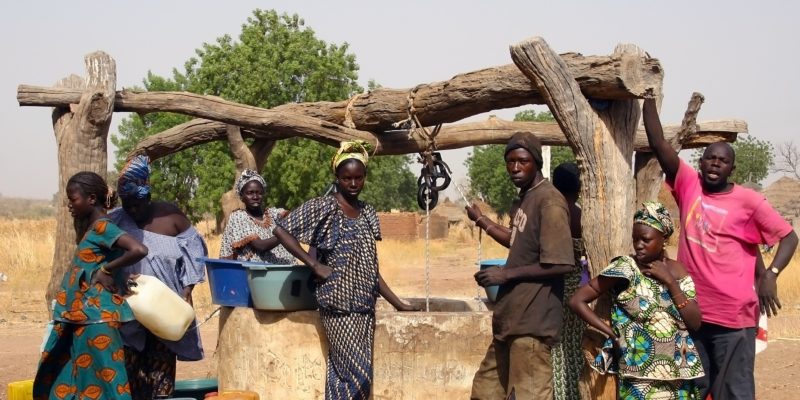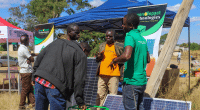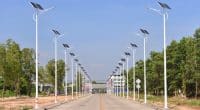The AfDB will invest €12 million to support the implementation of the social component of the rural electrification programme in Togo (Pravost). This investment will provide electricity to 500 localities in rural areas of the country.
The Togolese Minister of Economy and Finance, Sani Yaya, signed an agreement with the African Development Bank (AfDB) on the 16th of December 2019 to provide financing to support rural electrification in Togo. The AfDB will therefore lend 444,000 euros (291 million FCFA) and give 395,000 euros (259 million FCFA) to the Togolese government. The European Union (EU), a party to this agreement, has also pledged to donate €10 million (CFAF 6.6 billion) to Togo through the EU-Africa Infrastructure Trust Fund. Other private partners could support this programme with 337,000 euros (221,6 million FCFA), and the rest would be provided by the Togolese government, i.e. just over 941,000 euros (616 million FCFA).
These funds will be used to finance the project to support the social component of the CIZO rural electrification project in Togo (Pravost). This social component includes the electrification of 314 health centres, the installation of 400 drinking water supplies, the deployment of 600 solar irrigation pumps and finally the electrification of 2,000 households through mini solar networks. As Sani Yaya reiterated, the objective of this project is “to increase the rate of access to clean energy for community infrastructure, contribute to farmers’ resilience by deploying solar irrigation pumps and develop access to energy through innovative smart technologies for individual solar systems and mini grids”.
The CIZO project was launched in 2017 in Togo with the objective of providing electricity to at least 300,000 Togolese households. With this project, the government aims to increase the rate of access to electricity at the national level to 75% by 2025 and 100% by 2030. Since its launch, about 100,000 rural households have already been equipped.
Luchelle Feukeng






